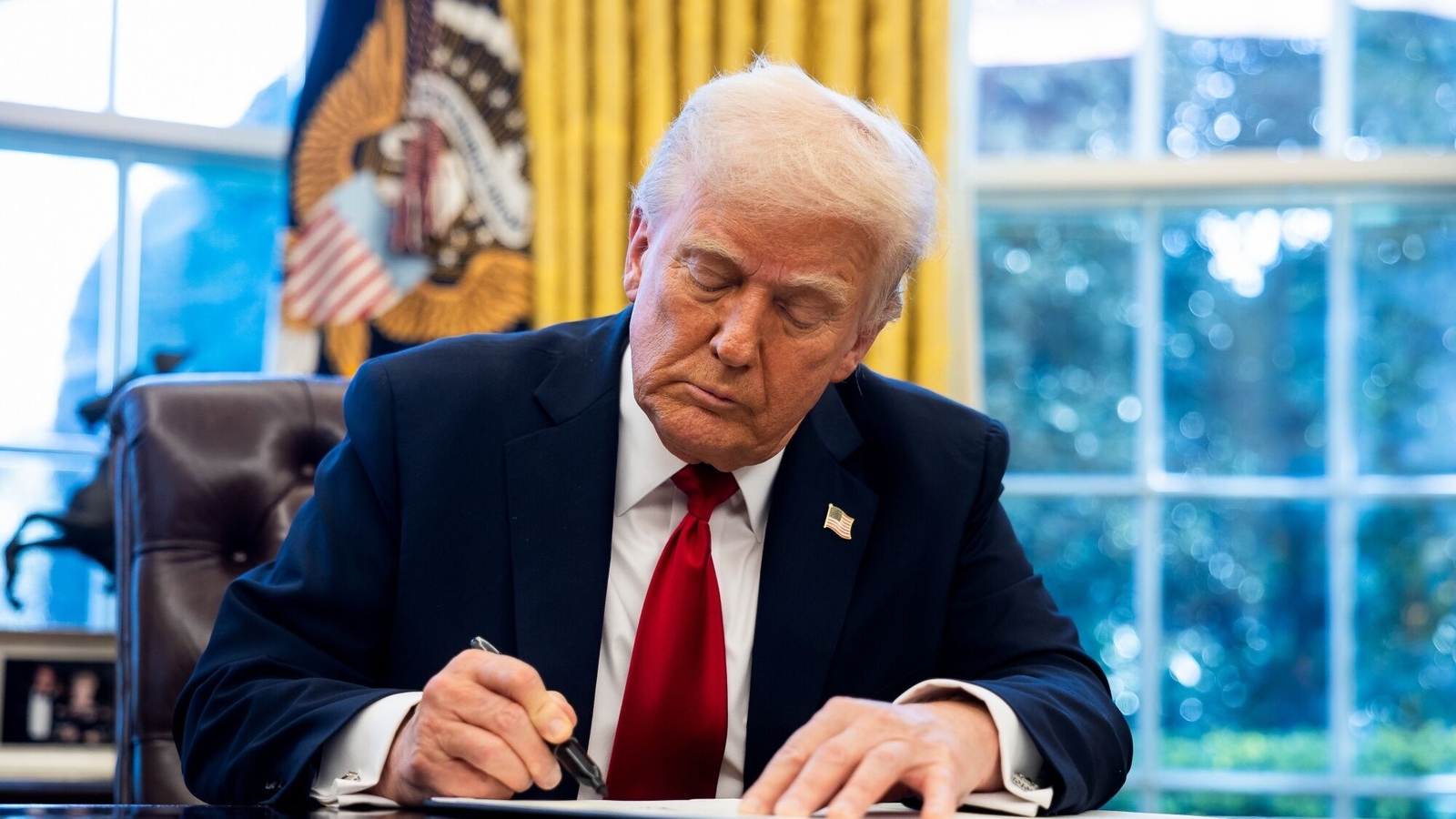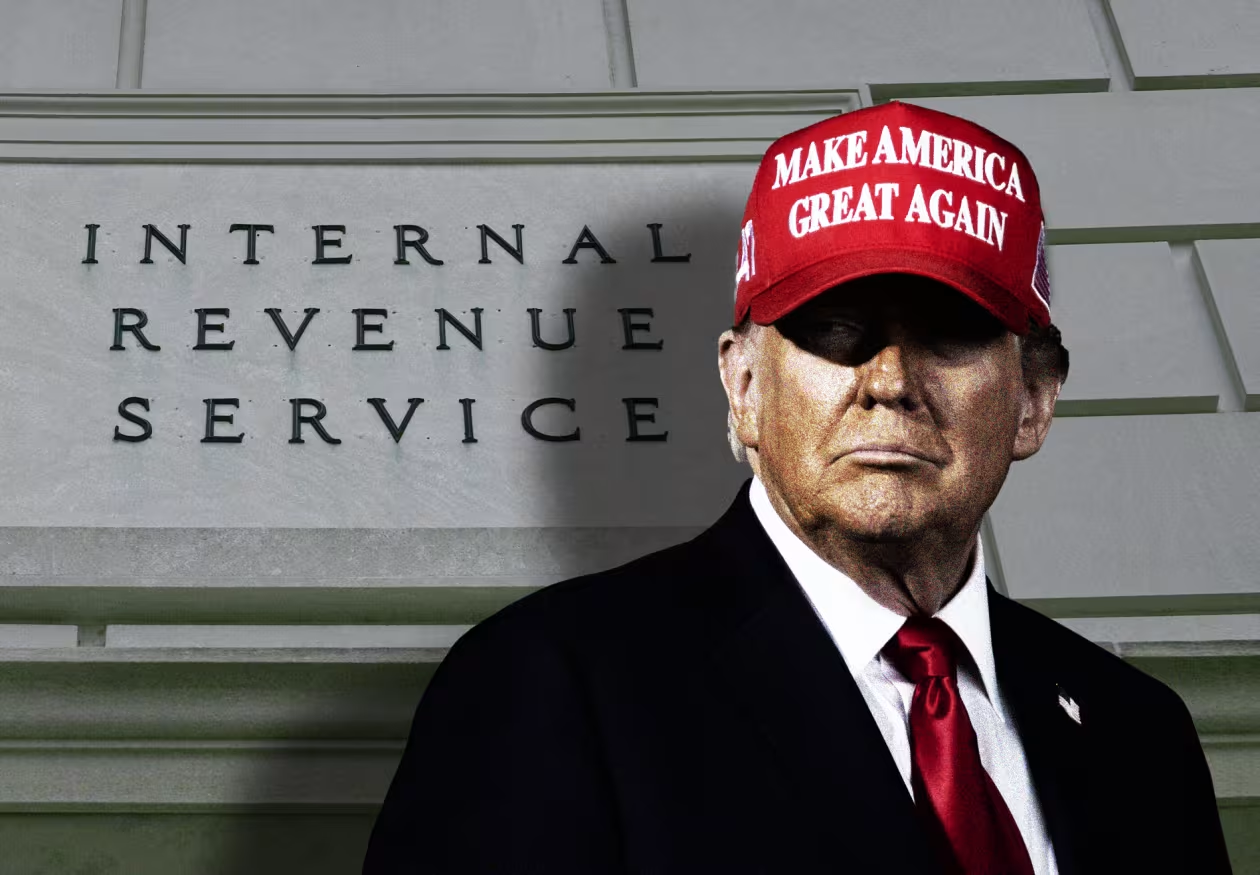President Donald Trump has declared that the United States will impose reciprocal tariffs affecting all nations, intensifying concerns over a potential global trade war. Speaking aboard Air Force One, he emphasized that these tariffs aim to match the duties other countries impose on U.S. exports.
The announcement has led to significant volatility in global financial markets. Japan’s Nikkei 225 experienced a 3.8% drop, marking its largest decline in six months, while European stocks also faced substantial losses. Investors are moving towards safe-haven assets, causing gold prices to surge and the U.S. dollar to weaken.
Economists warn that these tariffs could lead to higher consumer prices, reduced corporate profits, and a slowdown in economic growth. Goldman Sachs has increased the probability of a U.S. recession to 35%, anticipating average reciprocal tariffs of 15% from U.S. trading partners.
International leaders have expressed concern over the broad scope of the tariffs. The European Union and other major trading partners are evaluating potential responses, including retaliatory measures. The situation remains fluid as countries assess the impact on their economies and consider negotiations to mitigate adverse effects.
As the implementation date approaches, businesses and consumers are advised to monitor developments closely and prepare for potential disruptions in trade and pricing.




